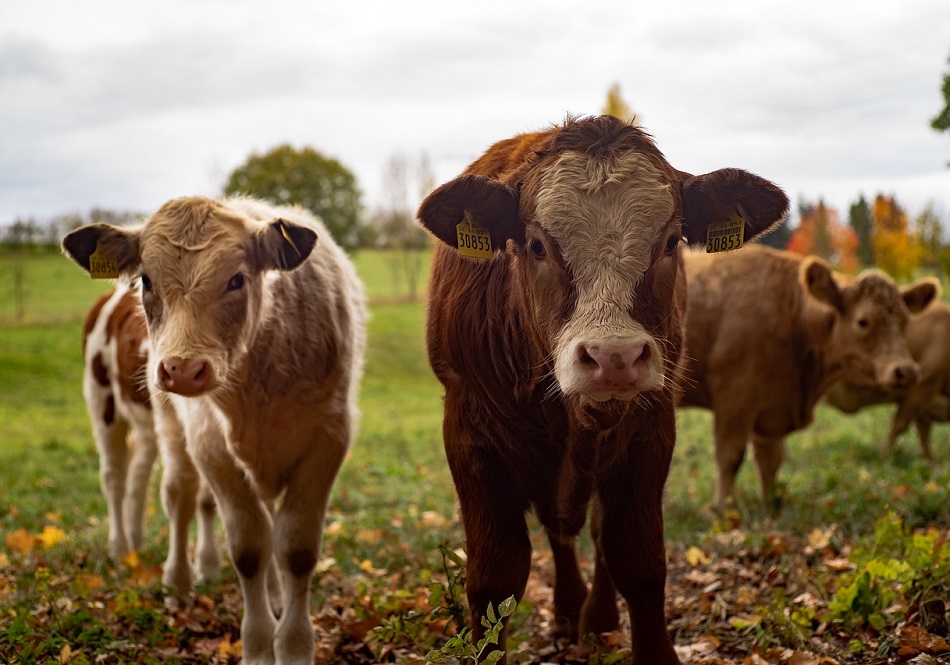The Denver Call for Action: scientists working for a balanced view on livestock

It has been just over two years since the Dublin Declaration of Scientists on the Societal Role of Livestock was first published. Now signed by more than 1,200 scientists worldwide, its message has not lost importance, and the need to give voice to the many scientists working to achieve a balanced view on the future of animal agriculture is more urgent than ever. This renewed urgency led to the Denver Call for Action, a continuation of the Dublin Declaration, where state-of-the-art scientific evidence was reviewed and updated during the Second International Summit on the Societal Role of Meat and Livestock held in Denver in October 2024.
The aim is to provide advice on developing livestock systems based on the highest scientific standards, providing reliable evidence of their nutritional and health benefits, environmental sustainability, socio-cultural and economic value, and solutions for improvement. It is worrying to see the trend among policymakers towards restrictive dietary approaches that include pressuring and taxing consumers away from consuming proven nutrient-dense animal-based foods. Worryingly, proposed ‘substitutes’ are often ultra-processed (e.g. fake ‘meat’ and ‘dairy’), nutritionally incomparable, culturally inappropriate (e.g. insects in regions where there is no desire or need for them) or unscalable (e.g. tissue engineered muscle).
Large parts of the world’s population, in rich and poor countries alike, are undernourished, with nutrient deficiencies, cardiometabolic diseases, autoimmune disorders and mental illness increasing at an alarming rate. According to the experts, this is why the widespread discrediting of meat, dairy, and eggs must stop; as these nutritious foods would make a positive difference. So, there’s an urgent need to return to fully evidence-based, economically and culturally appropriate dietary advice that nourishes and respects, rather than harms the people who consume and produce these essential foods.
The Denver Call to Action demands nourishment-oriented policies that put human well-being first, rejecting overgeneralising portrayals of livestock systems as inherently harmful to the planet and recognising the system complexities in livestock and ecology. It is considered unhelpful to overstate the footprint of livestock or to take a reductionist approach to environmental sustainability based on single elements and metrics. Livestock systems are too valuable to society to fall victim to simplification or reductionism, and only through comprehensive, evidence-based assessments can the complex contributions that well-managed animals make to society and nature in terms of nutrient availability, biodiversity, hydrology, soil fertility and other ecosystem services be recognised.
For this reason, the Denver Call for Action urges high standards of evidence and respect for science, encouraging policymakers to listen carefully to scientific committees and expert panels where the totality of the evidence is presented. Policymakers worldwide should commit themselves to rigorous evidence-based decision-making because only through the transparent application of the scientific method, free from hubris, presumption and dogma, will the enormous challenge of feeding the world’s population while minimising environmental damage be met. This approach is essential for robust, inclusive, and sustainable food systems.